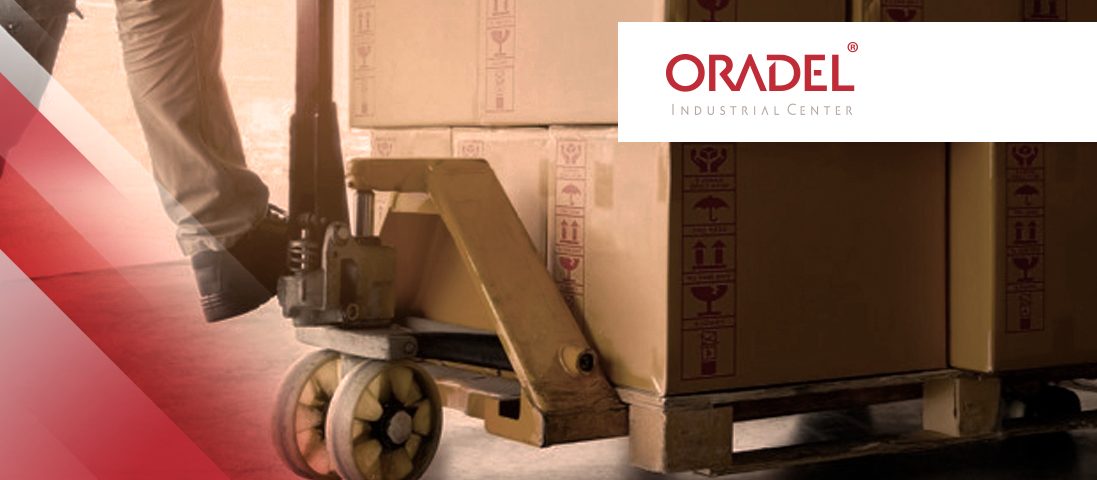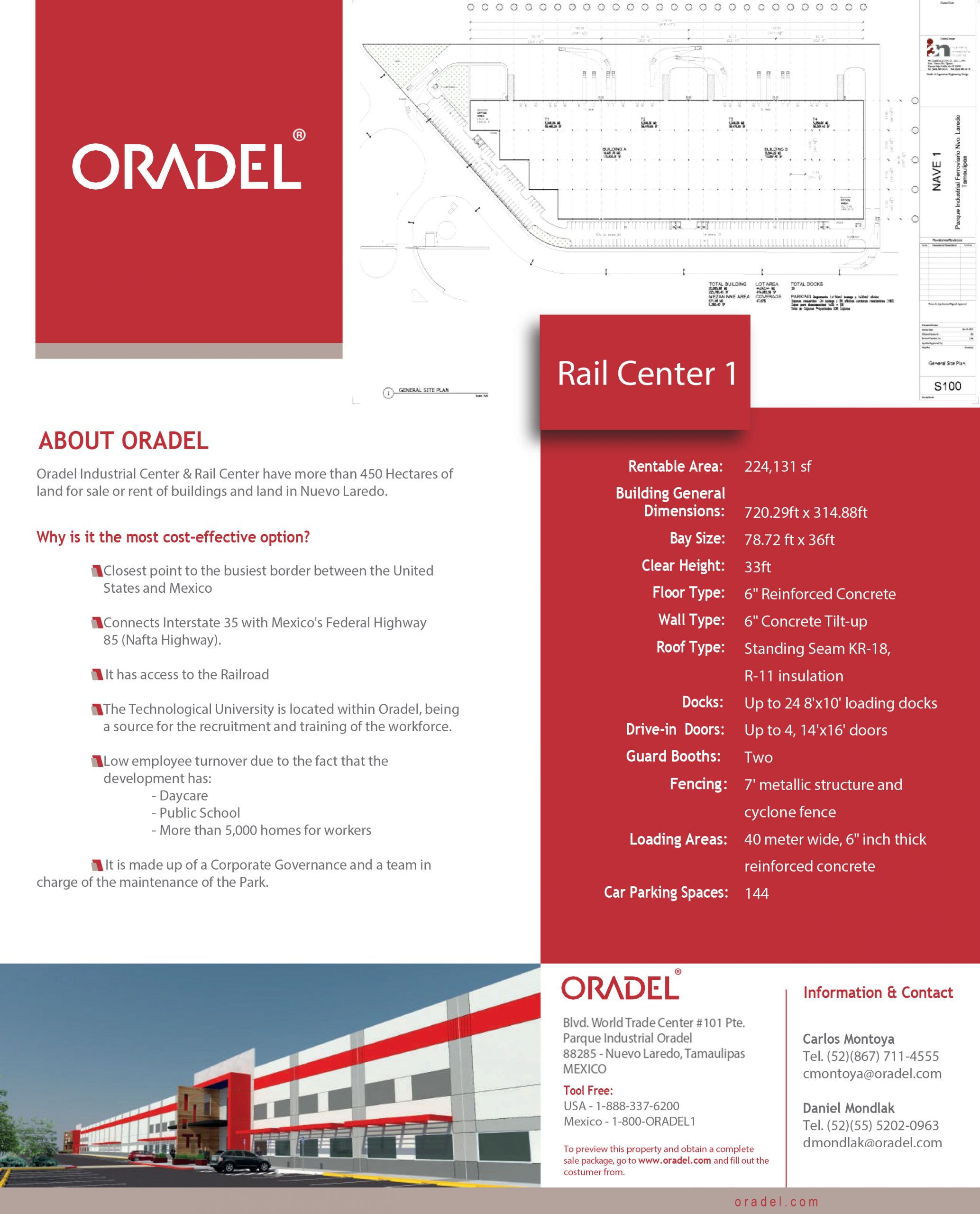Last mile deliveries are reconfigured because of the pandemic

Nearshoring: the rise of Mexico
26 June, 2020
Ravisa: Strategic partner in foreign trade
26 June, 2020
Last mile deliveries are reconfigured because of the pandemic
The Covid-19 pandemic is generating a reconfiguration in the development of industrial parks, causing them to specialize in manufacturing, distribution centers for supermarkets, assemblers, while, another market niche, they will be warehouses within metropolitan areas for the delivery of last Mille.
According to Sergio Resendez, Director of Colliers International, the last-mile niche was not previously considered, since trailers cannot be circulating in cities to distribute merchandise, since it is not economically viable, so deliveries are made in industrial parks or warehouses within metropolitan areas.
Currently, some industrial parks specialize in manufacturing, as they are long-term investment projects. While some focus on being distribution centers to serve large commercial chains, others, such as last-mile delivery, are carried out from smaller logistics spaces.
An example of the above is the installation of restaurant kitchens in a central industrial warehouse, where home orders are centralized. With this, it is possible to control the quality, sanitation, production and raw materials in one place and then deliver the food to the final consumer.
Another example of those who are using the last mile are the department stores, using efficient and automated buildings as distribution macro centers, where they concentrate their inventory of all the stores.
Restructuring for the real estate sector
Currently, the real estate sector is in a moment of restructuring due to the new economic scenarios that are being presented. Given this situation, Colliers de México announced a series of measures that will be taken in the sector to face the economic and social crisis.
According to Javier Lomelín, CEO of Colliers International Mexico, business collaboration is of utmost importance to counteract the impact on the real estate sector, so it is important to generate savings with which you would have the possibility of reducing income in the face of job growth remote and the migration of markets with high labor cost, which will cause a difficulty for the sale of some real estate assets.
In addition, it announced that in terms of optimization, it is intended to reevaluate the design and density of industrial and work spaces, as well as to evaluate the strategy that is being followed in the supply chain.
The challenges of the automotive sector
Andrés Lomelín, Managing Director of Colliers International reported on the automotive sector and the impact it will have on manufacturing in this sector due to the extension of its value chain, sophistication and globalization.
Currently, the automotive sector pursues three main points to mitigate the effects of the Covid-19 contingency; The first is the assurance of customs operations to allow the continuity of production processes; the second is the postponement of the entry into force of the new rules of the T-MEC that will be moved to January 2021; and the third is a fiscal stimulus directed to the Payroll Tax, which is an important part of a cost structure.
As for the real estate sector, he indicated that changes, challenges and opportunities in asset ownership, strategic relocations and the arrival of new investments in the country are expected. In addition, the exchange rate and changes in current demand will be key to active negotiations and future projects. However, Mexico continues to be in an unbeatable position to consolidate itself as one of the engines in the industrial sector.
The regionalization strategy
According to Sergio Resendez, there is a slowdown in manufacturing and an uncertain environment in the United States, Europe and Asia, which has caused supply chains in general to be affected, especially in raw materials and product delivery, which is why As there is less demand for production, they have been modifying production processes. However, with this scenario, local suppliers will benefit in all industrial sectors, since manufacturing is going to be regionalized in the various production areas and the customers themselves are trying to change and improve the way of production.
Therefore, the supply chain will have to change, since although many companies have low inventories due to the slowdown that was already occurring, now with new planning the economy will be reactivated in a staggered manner in order not to saturate production.
Flexible workspaces
Ausencio Lomelín, Managing Director of Colliers International mentioned that flexible spaces in Mexico have not yet reached 4%, that is, only 1 in 5 projects of large international companies are under this concept, so strategies that focus on separate the front office from the back office, taking the latter to areas that represent a lower cost of occupation.
For all the above, Oradel is an industrial park that for 20 years has sought to be an option for international companies that want to establish their foreign trade operations in Mexico. Furthermore, as it is located on the “NAFTA highway”, it has access to transportation routes for the delivery of goods.





